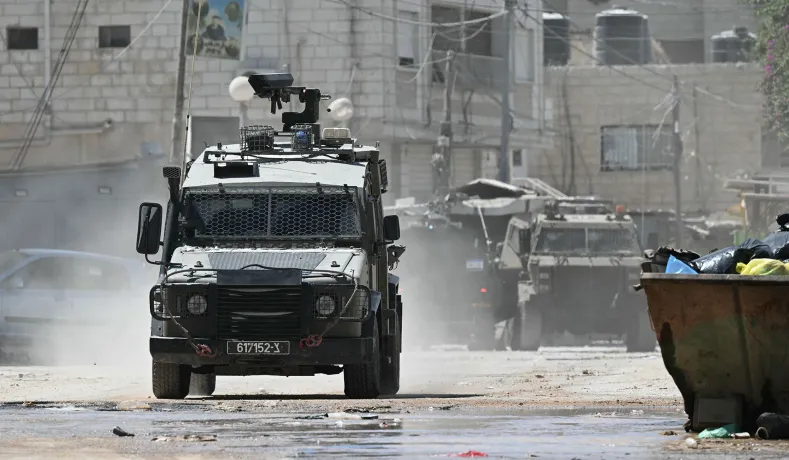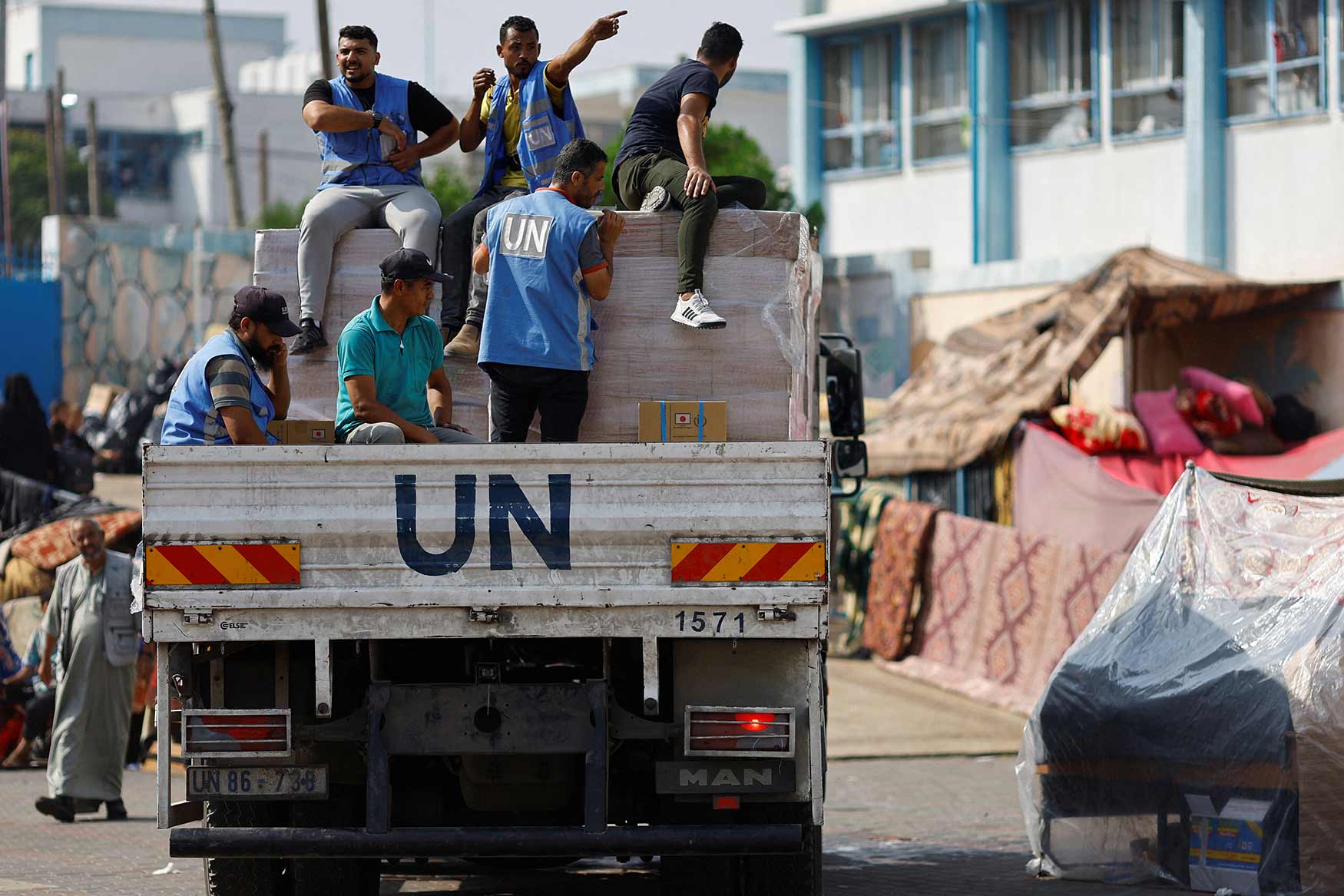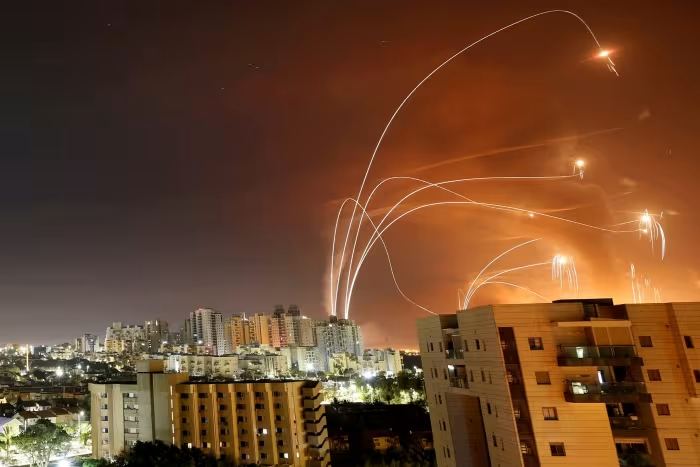On August 28, Israeli forces launched a large-scale military operation in the West Bank, targeting terrorist infrastructures. The operation involved coordinated airstrikes, ground troops, and bulldozers to dismantle these networks. Israeli authorities justified the action as necessary to prevent imminent attacks on Israelis. This operation reflects a broader trend of Israel employing preemptive military actions against perceived threats, as seen in recent strikes against Hezbollah military sites in Lebanon. Israel asserted that Iranian-backed groups were arming and supporting local militants in the West Bank. The Israeli Defense Forces (IDF) reported the killing of nine Palestinian militants, while Palestinian sources indicated at least 10 fatalities, including civilians, with many more injured.
 Credit: Reuters - Israeli Airstrikes in the West Bank
Credit: Reuters - Israeli Airstrikes in the West Bank
Prior to this operation, the Palestinian population in the West Bank had largely been able to avoid the direct impacts of the ongoing war in Gaza. Now, the IDF has imposed severe restrictions on civilian movement, blocking access to hospitals and medical facilities. With stay-at-home orders in place and a high probability of additional civilian casualties, the situation on the ground is becoming increasingly dire.
In the short term, the operation is expected to escalate violence in the West Bank. With tensions already heightened by the ongoing Gaza conflict, the region is likely to see a surge in retaliatory attacks by Palestinian militant groups. The destruction of infrastructure and the displacement of civilians are anticipated to worsen the humanitarian crisis, leading to widespread unrest and further destabilization. Many Western countries have condemned the operation, fearing it could escalate into a situation similar to the current conflict in Gaza.
 Credit: World Politics Review - Palestinian Authority
Credit: World Politics Review - Palestinian Authority
In the long term, this operation could have profound implications for the Israeli-Palestinian conflict and the broader Middle East. Israel's strategy of targeting Iranian-backed terror proxies indicates that the West Bank will likely become a third front, joining Hezbollah in Lebanon and Hamas in Gaza, in their efforts to counter Iranian influence. The operation will deepen animosity and entrench divisions between Israelis and Palestinians, making future peace negotiations and ceasefire talks even more challenging.
Israel's ongoing military actions in Muslim-majority regions risk undermining its ability to form alliances aimed at countering Iran, despite the potential offered by the Abraham Accords. Nations like Saudi Arabia and Egypt have shown interest in aligning with Israel against the Iranian threat, but continued conflicts with Palestinians and other Muslim groups could erode trust and make these alliances harder to achieve. The longer this conflict continues, the more it plays into Iran’s hands by casting Israel in a negative light among Arab nations.
 Credit: Reuters - U.N. Humanitarian Aid in Gaza
Credit: Reuters - U.N. Humanitarian Aid in Gaza
The international community, particularly the United States and the United Nations, plays a crucial role in shaping the dynamics of this conflict. Even with the recent strikes in the West Bank, the U.S. is unlikely to shift significantly from its current position, with the Biden administration expected to continue advocating for a two-state solution while supporting Israel's right to defend itself against terrorist threats. However, the risk of this conflict escalating into a full-scale war in the Middle East, potentially drawing in global powers like Russia and the United States, cannot be overlooked. While the international community is likely to continue providing humanitarian aid and pushing for ceasefires, the ongoing escalation makes a peaceful resolution increasingly difficult, with the potential for a broader regional conflict growing more likely.
The Israeli operation in the West Bank marks a significant escalation in an already volatile region. While it may address Israel's immediate security concerns, the long-term costs—both regionally and globally—could be substantial, further complicating the pursuit of stability within the Middle East.
 Credit: National Review - Israeli Raid in the West Bank
Credit: National Review - Israeli Raid in the West Bank

